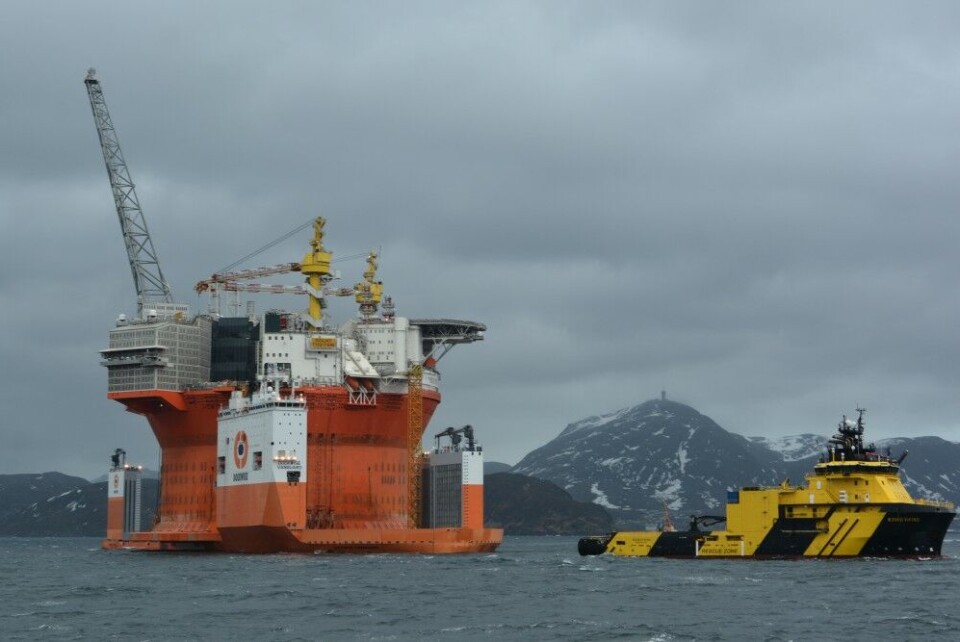
Security on shelf is insufficient, says government watchdog
The Norwegian Petroleum Safety Authority gets serious criticism for its followup of security in Norwegian waters.
p.p1 {margin: 0.0px 0.0px 0.0px 0.0px; font: 11.0px ‘Helvetica Neue’; color: #000000; -webkit-text-stroke: #000000}p.p2 {margin: 0.0px 0.0px 0.0px 0.0px; font: 11.0px ‘Helvetica Neue’; color: #000000; -webkit-text-stroke: #000000; min-height: 12.0px}span.s1 {font-kerning: none}
A new report from the Office of the Auditor General concludes that there is insufficient followup of security regulations on the Norwegian shelf. Oil companies have in many cases been allowed to operate in breach with laws and regulations and the trust-based system currently in place has proved itself not reliable, the review reads.
The criticism is directed against the Norwegian Petroluem Safety Authority, the government regulator with responsibility for safety, emergency and preparedness in the country’s petroleum industry.
The controls and inspections conducted by the Petroluem Safety Authority have in many cases had limited effects on the companies’ commitment to health, environment and safety, the report says, and adds that the breaches «challenge the current trust-based model.»
The report especially highlights the case when the Safety Authority allowed company Eni to proceed with operations in its Goliat project even though the oil platform was declared not safe.
After Eni installed the platform in the Barents Sea in 2015, a total of 57 security cases were reported, 34 of them after production started in March 2016. Ten of the cases were gas leakages and the production has been halted for as many as seven times.
Environmental organisation Bellona says the report illustrates a serious crisis in the Norwegian petroleum management system.
«This is perhaps the most dramatic report ever about the level of security in the Norwegian oil industry,» Bellona leader Frederic Hauge says in a statement.
«The Petroluem Safety Authority’s behaviour has contributed to enhanced risks of big accidents,» he underlines.
The report is written by the Office of the Auditor General of Norway, a body that monitors the country’s public sector on behalf of the Norwegian parliament (the Storting).
















